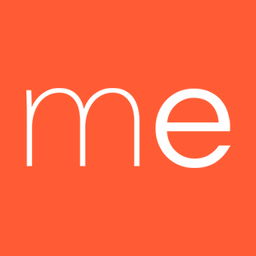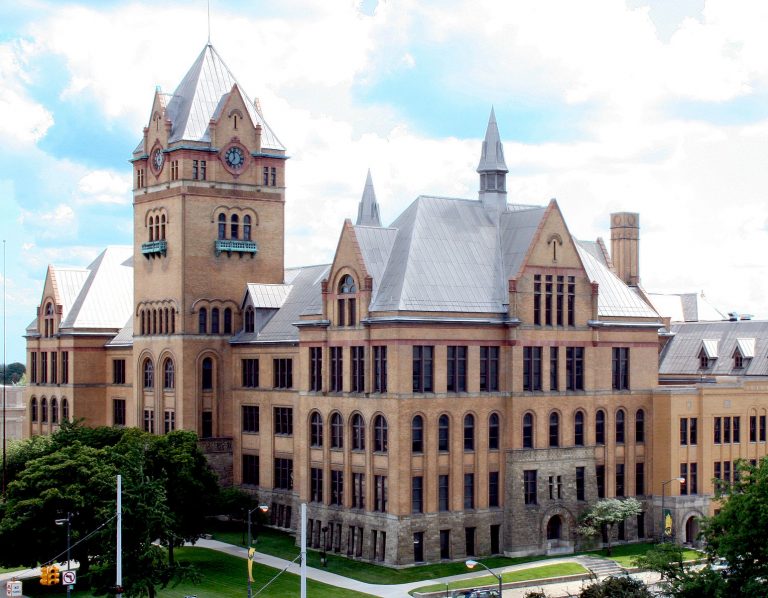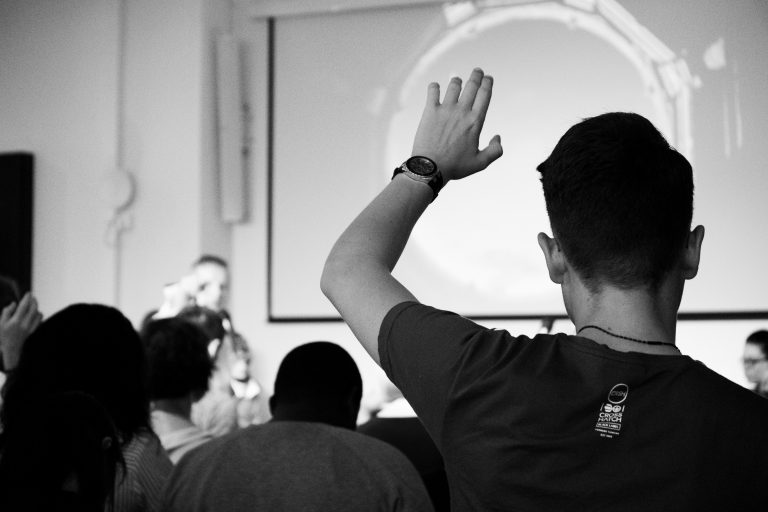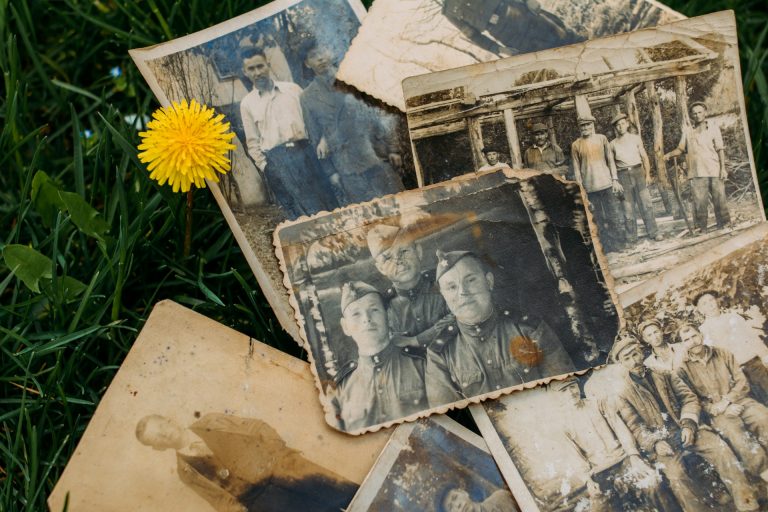Author Highlight: Stanley E. Fawcett
Interview with Stanley E. Fawcett
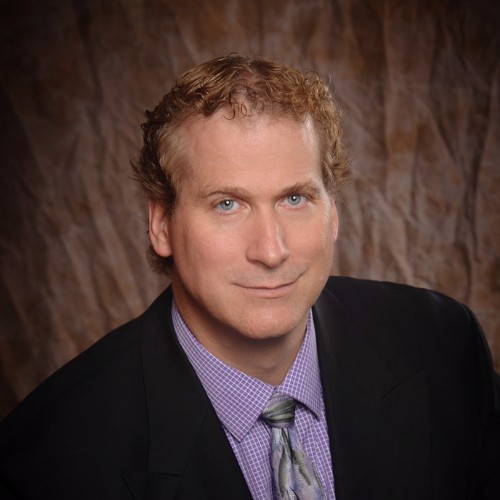
MyEducator wouldn’t be MyEducator if it weren’t for the many authors who contribute their time, dedication, and knowledge to creating quality textbooks that benefit professors and students alike. As such, we here at MyEducator feel that these authors deserve a special spotlight on their work and contributions.
Who better to ask than the authors themselves? Our first author highlight interview was with Dr. Stanley E. Fawcett. Stan teaches at the University of Applied Sciences Upper Austria and is based in Farmington, Utah. He let us sit down and ask him a few questions.
What primary courses do you teach/author?
All things Supply Chain! But my favorite, what I’m most passionate about, is Supply Chain Strategy: how do you build a winning team that can bring ‘wow value’ to customers. Global Supply Chain is probably my second favorite topic. I love the soft side of Supply Chain. How people bring their passion to create value if you engage them correctly.
We have a series of 10 books across the Supply Chain Curriculum. They cover the core courses: Operations, Purchasing, Logistics. But we also have courses in Lean Six Sigma, Project Management, Global Supply Chain, Supply Chain Strategy, and we’re launching what I hope will be the final book in the series, Sustainability and Risk Management.
One of the unique things we do for MyEducator is we bring in truly a world-class author team. We have some of the best known, well-respected authors in the Supply Chain domain from across the country and even around the world working on these books.
Currently available: Logistics and Supply Management, Purchasing and Supply Management, Operations and Supply Chain Management, and Introduction to Supply Chain Management.
Ready by Summer or Fall of 2022: Lean Six Sigma and Supply Chain Strategy.
Coming in 2023: Project Management, Global Supply Chain Management, Supply Chain Cases and Concepts, and Sustainability and Risk Management.
As you can imagine, there’s a lot of work going into all of these!
Describe your discipline and what drew you to it.
Tough question! There are a ton of different definitions of Supply Chain Management. My favorite is, ‘Supply Chain Management is the value-creation engine of every organization.’ And that answers your second question. It’s pretty cool to work in the value-creation engine. Our job is literally to increase the standard of living of the people of the world. And that’s something I can sleep well at night thinking about, knowing that’s what our students are going to do when they graduate.
What is your experience in your discipline?
That’s a tricky question. I’ve been an academic for thirty plus years now. I have taught all around the world. I have taught, lived, and worked on some level on six of the seven continents. I have taught supply chain in English, Spanish, and just a little bit of German. I’ve worked with service organizations in supply chain, done a lot of professional development, and done a little bit of consulting.
I like teaching managers how to solve problems and letting them solve their own problems then going into an organization and consulting. If I’m ever asked to consult, we usually turn it into a professional development engagement instead of consulting.
Now, if you turn the clock back far enough, I have worked on almost all nuts-and-bolts sides of Supply Chain. I drove a tanker truck, stocked shelves, worked in a warehouse, managed inventory… but that’s ancient history!
What is your goal with your published resources?
When I started the project, we sat down with MyEducator and we talked about the need to bring a totally different experience to the classroom and at the same time reduce the cost to students. The goal was really to change the way people teach supply chain management by bringing a different experience to the classroom, one that engages students out of class and enables them to come prepared to class. This frees us up to do different things in the time we have together, so we can really leverage that face-to-face learning opportunity through experiential education, action learning. We can truly bring deliberate practice into a modern education system.
With the right support materials—and that’s what we do with MyEducator—we open up the opportunity to change how we actually interact with and work with students. I believe it gives us a chance to become a true guide on the side instead of the sage on the stage. What that means is that our students can graduate, hit the ground running, and be upwardly mobile for career success. And I think if we do that? That’s our job as educators.
Why do you publish through MyEducator? How long have you worked with MyEducator?
I was working with McGraw Hill on the design and development of a core operations book about a dozen years ago. I’d previously published a supply chain book with Prentice Hall. As we were talking, two things bothered me.
One, McGraw Hill was only interested in the core book, they weren’t interested in a broader supply chain curriculum. Logistics, Purchasing, those were too small of niches. I thought that we needed to do a better job across more than just the Introduction to Operations and Supply Chain Management course.
Two, when I sat down with one of the founders of MyEducator and we talked about philosophy, we both agreed that the experience should be different and that the price point should be different. As we talked MyEducator told me that they could bring this high-quality courseware to students for under 70 dollars and that students would have life-time access. Students can’t rent a book for that price!
They bought off on what we wanted to do as far as a conversational text that engages students and we both agreed on the price point. I really didn’t know at the time of any other publisher that was willing to share that vision.
We probably sat down and had that first conversation ten years ago, we got in pretty close to the ground floor.
Besides that, they told me that they wanted me to be a partner and they would give me a lot of control over my project, and they have followed through and lived up to what they had promised.
I whole-heartedly expect them to continue to do so!
What are some of your biggest accomplishments of the last 3–5 years?
Living long enough to become an empty-nester would have to qualify as one of the biggest accomplishments. It has been exciting to see, in the last half-dozen years, all of our six children launch at least somewhat successfully. We’re looking forward to some real successful flights and journeys over the years to come.
One of the fun things we have done in the last several years is bring some of our world class research to the practitioner through a partnership with Supply Chain Management Review. We’ve been publishing a truly unique set of articles that really fit a story-telling genre. Over the past six months we have been turning those articles—at the invitation and with the full support of SCMR’s editor, Bob Trebilcock—into a series of podcasts. You can go online and check out Talking Supply Chain and learn about How to Build a Supply Chain Champion, How to Become a Supply Chain Rockstar, or half a dozen other topics.
From a purely professional standpoint, winning the Whickham Skinner Teaching Achievements Award validates some of the things we’ve been trying to do as we’ve sought to change the nature of Supply Chain education.
What is a motto you live by? Either for work or for life in general.
Learn, lift, and love—I think we have an obligation to each other to learn to become out best, to lift others every chance we get, and to love the opportunity to do so.
What are your main hobbies or interests outside of your work and your discipline?
I’m really boring, I don’t have a lot of hobbies. I used to love fishing. And we’re just starting a new adventure, and that will be to visit every national park across the US and Canada. We love the beautiful outdoors.
And of course, a relatively new hobby is to play with the grandkids; it’s a hobby we’re just now growing into.
What’s a fun personal fact that your students or coworkers wouldn’t know about you?
I have no idea. You’d have to ask Dr. Dee! I am a card-carrying member of insomniacs united… but actually most of my students figure that out sooner or later.
When you were a kid, what did you want to be when you grew up? What would your childhood-self think of who you are today?
I spent my elementary years in Wisconsin. We played football all fall long, we’d come in with frost-bit toes, we all wanted to be professional football stars.
As I got into my teenage years, I wanted to be an engineer.
From either of those perspectives, the kid or the teenager, I’d probably be surprised that instead of being a quant-jock, I went to the soft-side. But I really believe we get most things done—we accomplish the most—through other people, and we make the biggest difference as we help other people fulfill their potential. The young engineer in me would not have said that, probably wouldn’t have even believed that.
What has been the biggest change in your career?
It was quite a shock the day my wife (the aforementioned Dr. Dee) approached me and said she needed to go back to school, and she wanted to get a PhD. When she ended up getting a PhD in Supply Chain it really did change the trajectory of my career. We do a lot of team teaching. It’s really kind of odd to get up with someone, eat breakfast with them, go to work with them, work with them all day, go home with the same person, day in and day out. But it has been a lot of fun to move from a solo teacher to a team-teacher across my favorite courses.
And that’s probably because she stole much of my favorite material! I just insist on tagging along so I can still help teach my favorite stuff!
But we have enjoyed the opportunity to do some fun things, and one of the things we’re looking forward to is spending much more time in service opportunities and doing that together.
We’re starting to explore a new opportunity with The Academy for Creating Enterprise, so we’ll see where that goes!
